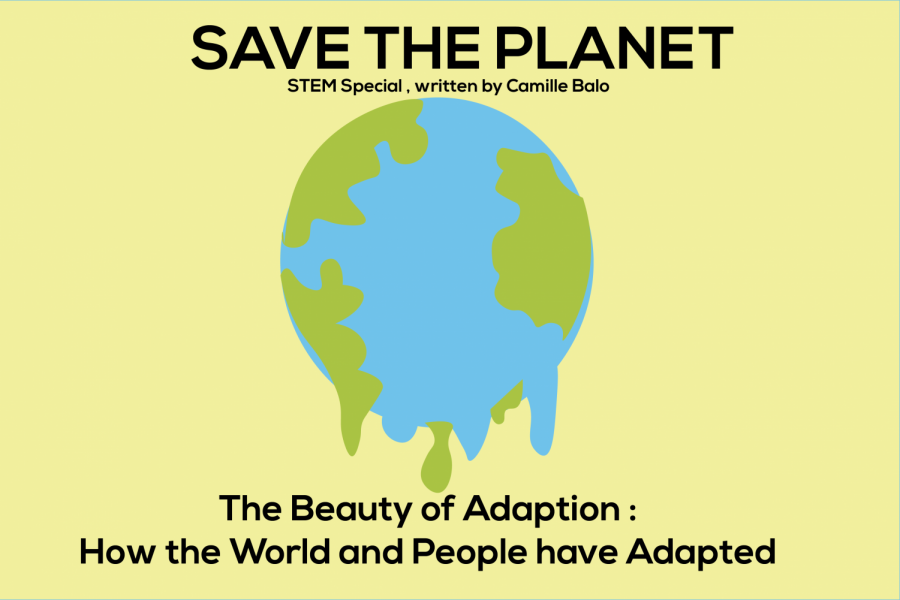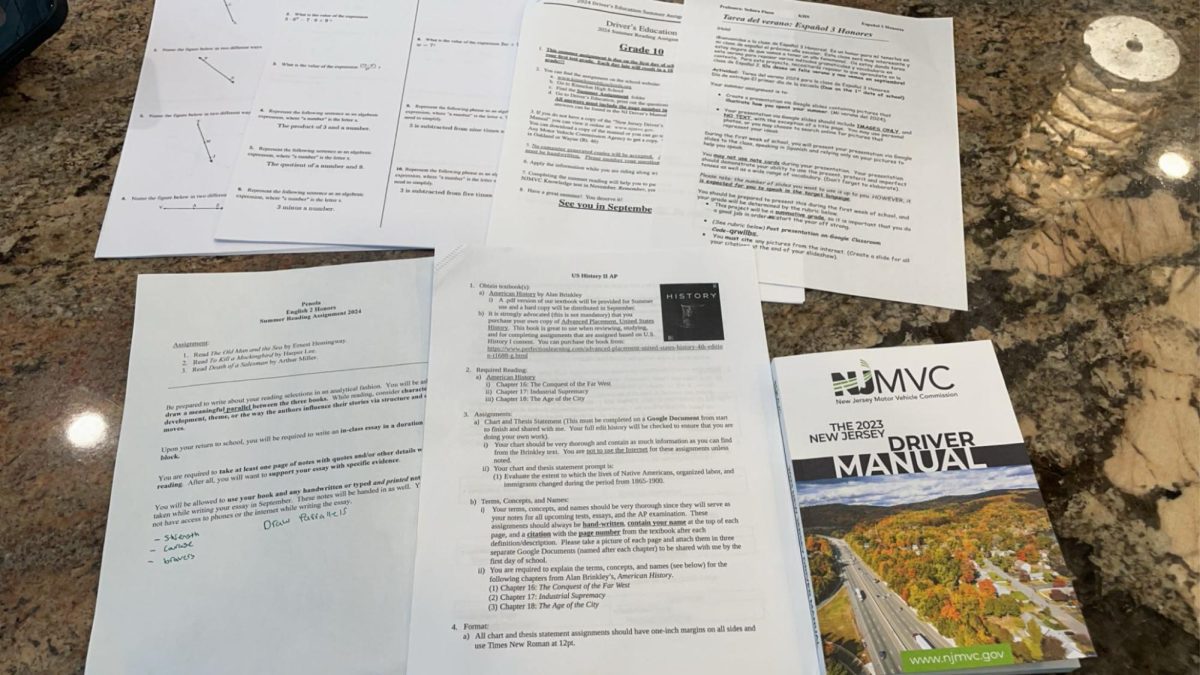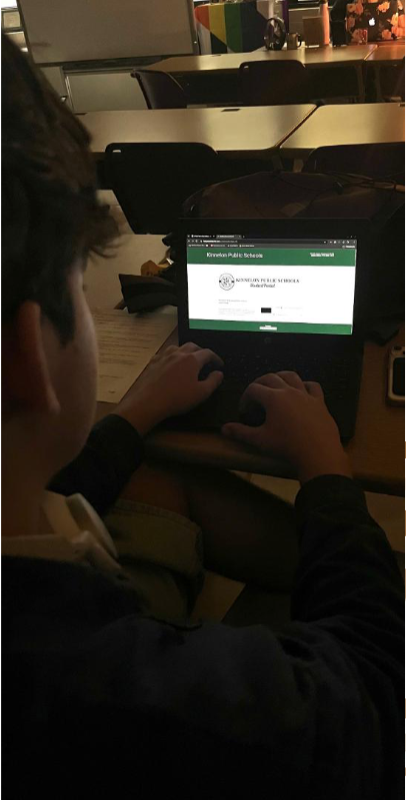Natural selection, evolution, whatever you wish to call it, these terms all boil down to the ability of a species to adapt to changes times, and as humans, we are probably one of the species most accustomed to adapting ourselves in different situations and with changing times. After all, just in the past century, humans have made incredible amounts of achievements, discoveries, and inventions ranging from the creation of the radio in the 1920s to the takeoff of video communication platforms in 2020.
Especially seen with the ongoing pandemic, both nature and humans have adapted to the situations and consequences that have arisen during the COVID-19 quarantine. Since quarantine first started in early Spring, the world has undergone massive changes, not only regarding human activity but also the current nature of the world. In fact, some people have come to believe that in some ways, COVID-19 is not only a societal and cultural reset for humans but also a necessary reset for nature and the Earth to gain some fragment of control. After all, despite the pandemic still being an ongoing problem worldwide, research and data have already been collected that proves nature has already begun to adapt to the decrease of human activity. Just in February, NASA air quality researches reported a dramatic decrease in nitrogen dioxide emissions from China, specifically from the Hubei province– one of the epicenters of the pandemic.
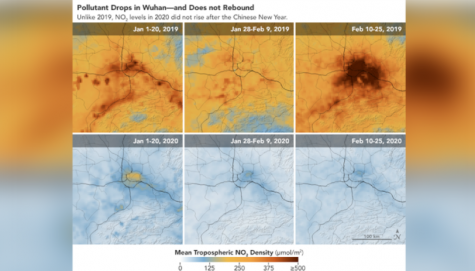
And, China isn’t the only country that has experienced a significant decrease in nitrogen dioxide emissions. Countries such as Italy, Germany, South Korea, the United Kingdom, and more have witnessed the decline in pollution and toxic air emissions firsthand. However, nitrogen dioxide emissions aren’t the only form of pollution on the decline, carbon dioxide emissions are also declining. Especially seen in China, due to a decreased output from oil and coal industrial activities, CO2 emissions following the Lunar New Year were significantly lower than those of previous years.
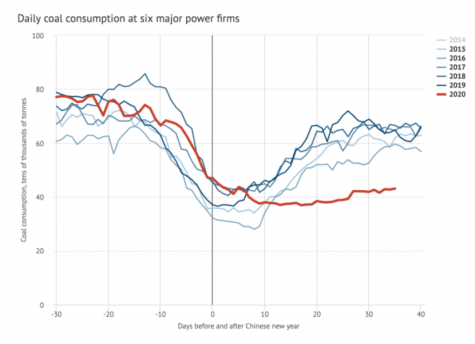
All of these natural resets that have occurred in the span of a year gives hope to many environmental activists. After all, it shows that the Earth can heal itself and that with the cooperation of all people in the world, major world-wide issues such as climate change can be mitigated and maybe even stopped.
However, the Earth isn’t the only entity to adapt to COVID-19; humankind has done so as well. In fact, the ways humans have adapted can be seen by looking outside your window and noticing that the once-busy streets and commercial districts are now all but deserted; by going out for a drive and noticing that the roads are clear of all traffic; by needing to hop on a video call in order to “attend” school and work; and through so many other ways. After all, the video conferencing company, Zoom, has added more users in 2020 than it did in all of 2019, with 2.22 million monthly active users compared to 1.99 million active users in all of 2019, according to Bernstein Research. Moreover, Verizon even reported a 75 percent increase in video game traffic throughout the quarantine period.
And, while some may argue that more technology equates to more pollution, coal consumption, and other negative environmental impacts, the capability for adaptation amongst humans is just as hopeful as nature’s ability, and that along with the Earth, we will persevere.

